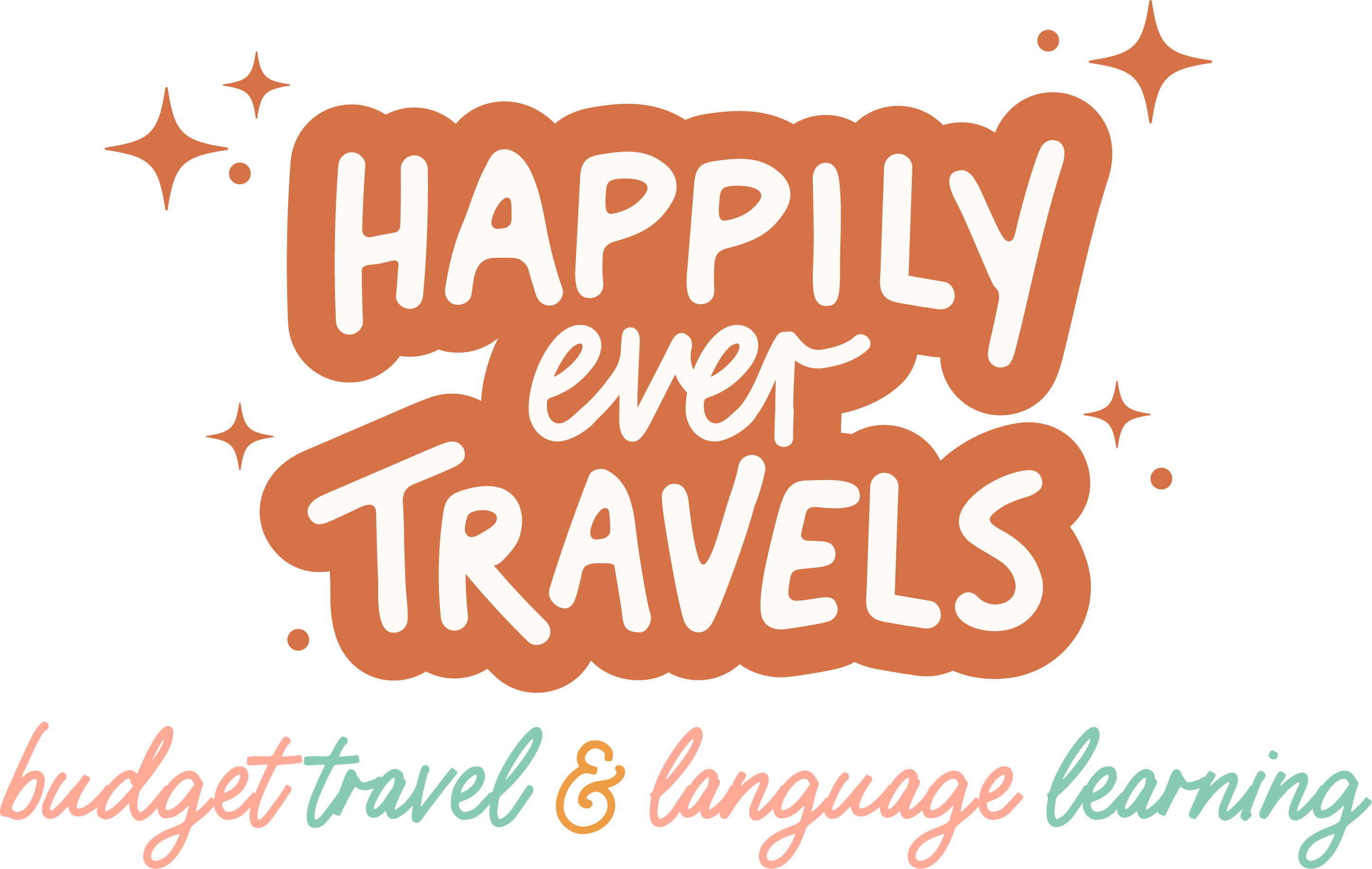Despite being spoken by over 25 million people worldwide, many people haven’t even heard of the Igbo language. Spoken primarily in Nigeria, Igbo is a proud and historic language that is rich and spans many different countries. With such a big base of speakers, does Duolingo have Igbo, and if not, what alternatives are out there and available?
Is There an Igbo Course on Duolingo?
Unfortunately, despite a large number of native speakers, there isn’t currently an Igbo course on Duolingo. This is surprising given how many smaller languages and even fictional languages have courses either in development or are already live on Duolingo.
Why Doesn’t Duolingo Have Igbo?
There are quite a few reasons why Duolingo might not have an Igbo course. Firstly and foremost, it’s about demand. If Duolingo doesn’t think that Igbo is a popular enough language, with enough people wanting to learn it, they’re not going to put the time, money, and resources into creating the course.
Duolingo used to have a forum where users could request and upvote languages that they wanted to be turned into courses, but this has since been closed down. It was a good way for Duolingo to gauge popular languages and direct their resources, but this is no longer the case.
It also might be because Duolingo is no longer working with native language volunteers to help shape and test their courses. The way Duolingo course development used to work was that a combination of in-house employees and native volunteers would work together to create the courses.
It meant that it was a lot quicker and they could churn out many more courses in the set development period. However, Duolingo has stripped back and is only using in-house employees which might explain why they haven’t gotten around to Igbo yet.
Is Duolingo Creating an Igbo Course?
The great thing about the Duolingo development process is that it’s pretty transparent. Duolingo has the Incubator program where you can see which language courses are in the pipeline and what’s set to be developed over the next couple of years.
This is mostly to placate users while getting them excited to learn a new language.
It also means that we know exactly what’s coming up, and sadly Igbo is nowhere to be seen on the Duolingo Incubator. This means that there are no plans for Duolingo to create Igbo in the next couple of years, but after that who knows?
2 App Alternatives to Duolingo with Igbo Courses
As Duolingo has let us down by not offering courses for this wonderful language, what other apps can we use to help us learn Igbo? Let’s find out!
1. Drops
If you love aesthetically pleasing app design and user experience, Drops is going to be right up your alley. As a flashcard-style game, Drops allows you to learn hundreds of Igbo words and phrases with just a tap.
It’s not the most sophisticated language-learning app in the world, but it’s perfect for improving your Igbo vocabulary when you’re out and about.
Drops is also a great tool to use alongside other Igbo learning resources, particularly those that focus on speaking, pronunciation, and listening skills.
2. Memrise
So, let’s just start by saying that Memrise isn’t officially a language-learning app, it’s more generic learning and revision. As the content of Memrise is user generated, there is some Igbo language learning content that’s been created by native speakers.
Again, it’s not a set course with a progressive track, but you will be able to find resources like quizzes on the Igbo language or media in Igbo that will help you learn the language alongside other methods and techniques.
Alternative Language Learning Methods to Duolingo for Igbo
Let’s be honest, the language learning apps aren’t great when it comes to learning Igbo, so what other resources can you use alongside the apps or as an alternative altogether?
1. iTalki
Looking to take your Igbo learning to the next level, or just want some one-on-one tutoring? iTalki is a platform where you can choose a native speaker for conversational practice or for private language lessons. Choose based on previous student reviews, availability, and rate per session.
It’s a great way to put what you’ve learned into practice and get a feel for how people actually speak using the Igbo language. It’s a great option as an intermediate learning step, or if you’re using vocabulary apps and want to hone your speaking and listening skills.
2. Language Learning Books for Igbo on Amazon
If in doubt, go back to the basics. If you look online, you can find plenty of Igbo language learning books. Granted, they might be difficult to find in your local bookstore as it’s a fairly niche subject, but you can either request them or buy them online.
The best one to get you started on your Igbo language learning journey is probably The Complete Guide To Igbo. As the name suggests, this book contains all the basics to help you get your head around Igbo and start with the fundamental vocabulary, pronunciation, and grammar.
3. uTalk
Using a similar range of tools and multimedia strategies to Living Language, we have uTalk. They also have a ton of native speaker recordings as a part of their Igbo language learning course, so you can compare your pronunciation and adjust as necessary.
uTalk also has a huge bank of Igbo vocabulary which is delivered interactively through flashcards and quizzes. As an all-rounder language learning package, uTalk is a great way to get started on your Igbo language learning journey.
Duolingo Doesn’t Have an Igbo Course, But There Are Lots of Options!
So, although Duolingo doesn’t have an Igbo course and isn’t set to release one any time soon, there are plenty of great language-learning resources out there that can help you on your language-learning journey.
Combine a few of these resources for a well-rounded Igbo course, or pick one to get a taste for the language. As Igbo is spoken by 25,000 people worldwide, primarily in Nigeria, it’s a popular language and one you should brush up on especially if you’re going to this part of the world.
Read More About Language Learning:
- What is the Duolingo Family Plan and How Much is It?
- Can Angela Merkel Speak English?
- Learn How to Sing Happy Birthday in Armenian
- Is There a Samoan Course Currently on Duolingo?
- Here Are All the Languages Trevor Noah Speaks

Dayna Brockbank is a travel and language-learning blogger who has lived around the world but has now settled in Nice, France. She speaks 3 languages at varying levels of fluency: Spanish, Italian, and French, and graduated with a Bachelor’s in Spanish Education. She and her husband focus on making travel part of life by living cheaply and traveling on a budget.
